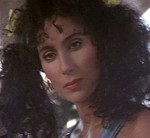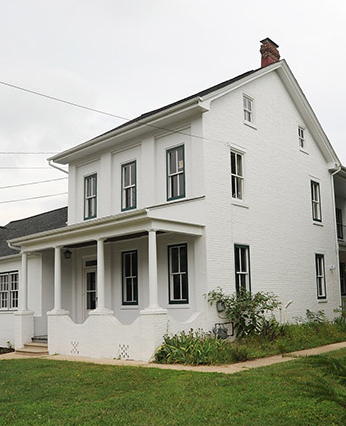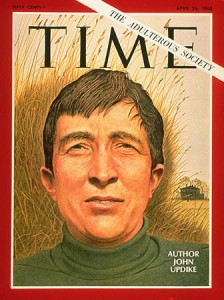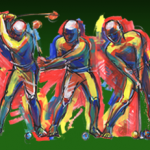 You’ve heard of dinner and a movie? Well, why not a book and a drink? That’s what led Toronto Star‘s Bruce DeMara to come up with a book and a compatible drink every Thursday this summer.
You’ve heard of dinner and a movie? Well, why not a book and a drink? That’s what led Toronto Star‘s Bruce DeMara to come up with a book and a compatible drink every Thursday this summer.
“Reading can be thirsty work. And so, every Thursday this summer, to acknowledge that prose can inspire our minds as well as what’s in our glass, we recommend a weekend read—a book that elicits the heat, the smell, the feel of summer—and a recipe for the perfect drink accompaniment.”
His recommendation for Thursday, August 7, 2014? John Updike’s 1978 satirical novel The Coup, set in the fictional sub-Saharan African nation of Kush, and a Saharan Martini, made from Amarula cream liquor and garnished with dark chocolate shavings. The recipe is included in the article, “A Book & A Read: The Coup’s desert setting will leave you parched.”
“This is a novel that will have you feeling parched from the opening pages,” DeMara writes. “Updike’s description of desiccated trees and animals, sun-blasted rock, blistering desert and withering heat is relentless. Although the protagonist is a devout Muslim and therefore an abstainer, the novel makes passing reference to Russian vodka, palm wine, guinea-corn beer and Kaikai.”
And why is it worth the read?
“As grim as the setting may be, the novel has much to recommend it, including an array of interesting characters—among them Ellellou’s four very different wives—and a comically absurdist tone. There’s an archly satirical streak throughout, skewering colonialism, consumerism, religion and Cold War geopolitics. Updike’s prose is, as always, challenging in its detail but evocative and rewarding.”
Pictured is the Saharan Martini, photo by Chris So.







